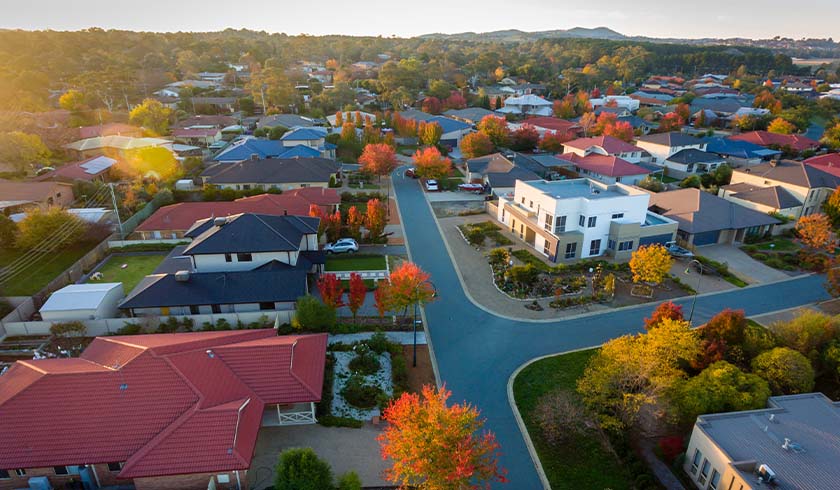Sydney rental vacancy rate rises to 4%
While the overall property market has been rebounding from a tumultuous 2020, Sydney’s rental market continues to lag behind, with vacancy rates once again on the rise.

Latest figures from the Real Estate Institute of New South Wales (REINSW) revealed that vacancies in Sydney rose 0.9 per cent in March 2021, bringing the capital city’s total vacancy rate to 4 per cent.
The March 2021 report is based on survey responses covering 113,568 residential rental properties.
“This rise brings vacancies in Sydney to their highest level since October 2020,” according to REINSW CEO Tim McKibbin.
Looking closer into the Greater Sydney area, the middle region saw the highest vacancy rate at 5.8 per cent – rising by 1.5 per cent from the previous month. This was followed by the inner region with 4.5 per cent and the outer region with 2.5 per cent.
“Many REINSW members are reporting that the residential rental market has slowed again across Sydney. Property managers are telling us that there are fewer properties coming onto the market and those that do are taking longer to rent.
“Older properties in need of upgrading are problematic, as tenants are becoming more and more discerning about where they choose to live,” Mr McKibbin said.
In contrast, regions outside Sydney saw vacancy rates drop significantly.
Newcastle’s vacancy rate now sits at 0.7 per cent, down from last month’s 1.9 per cent, while Wollongong’s vacancy rate dropped from 2.2 per cent to 1.6 per cent.
Vacancy rates across much of the remainder of regional NSW also dropped in March, including the Central West, Mid-North Coast, Northern Rivers, Orana, Riverina and South East.
Meanwhile, Albury and Murrumbidgee’s vacancy rates remained stable for the month, while rates in Central Coast, Coffs Harbour, New England and South Coast areas saw an increase, but only slightly.
“Feedback from our members in these areas indicates that the exodus of tenants from Sydney is continuing, with people seeking more affordable options further afield,” Mr McKibbin concluded.
